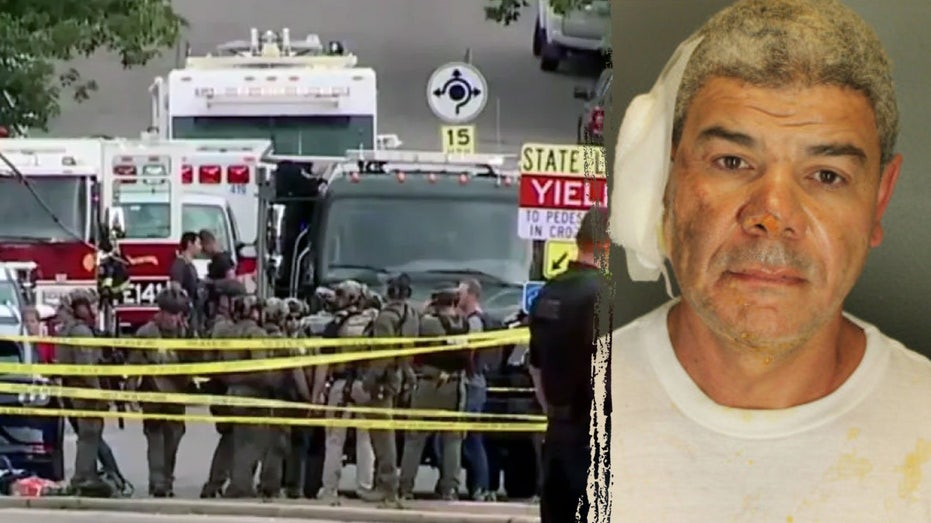Boulder Terror Attack Suspect Exhibited Signs of Rising Lone-Wolf Radicalization, Former FBI Supervisor Reveals
Mohamed Sabry Soliman's alleged attack at Colorado rally raises alarms over increasing lone wolf extremist threats.

The city of Boulder, Colorado is reeling after a violent attack erupted during a pro-Israel rally on Sunday afternoon at Pearl Street Mall. Mohamed Sabry Soliman, a 45-year-old Egyptian national in the country illegally, is accused of hurling homemade incendiary devices into a crowd of demonstrators, resulting in significant injuries and igniting fresh concerns over the growing threat of lone-wolf terrorism in the United States.
Authorities say Soliman, who was captured on video allegedly holding additional homemade firebombs after the initial attack, acted alone. Witnesses reported hearing him shout political slogans including "Free Palestine," underscoring the attack’s apparent ideological motivation. Police quickly apprehended Soliman after he surrendered at the scene, which by then had been thrown into chaos as victims—ranging in age from 52 to 88—sought medical help. At least one person remains in critical condition following the violent incident.
According to law enforcement and behavioral experts, Soliman’s actions bear the hallmarks of impulsive extremism and a potential desire for martyrdom. His behavior, as observed both in the attack’s execution and subsequent interview with police, points toward a lack of sophistication but an extreme ideological commitment. “These traits are often associated with ideologically driven lone actors,” commented one retired FBI agent, noting that such individuals may be influenced by online propaganda or deep-seated personal grievances, but typically lack organized support.
Soliman himself reportedly admitted to authorities that he had learned how to make Molotov cocktails by watching YouTube videos, assembled them at his home in Colorado Springs, and then drove to Boulder with the intention of using them against those participating in the rally. He also left behind personal items, including an iPhone and a journal containing messages to family members, further suggesting an awareness that he might not return home.
During his interrogation, Soliman is said to have made overtly violent statements indicating a desire to harm “all Zionist people,” and expressed willingness to repeat his actions, according to arrest affidavits. Investigators are now assessing his mental health and examining whether any further radicalization occurred online or through other sources since his arrival in the United States.
The case has also reignited controversy over immigration enforcement and security protocols. Soliman originally arrived in the U.S. on a non-immigrant visa in August 2022. Although that visa expired in early 2023, he remained in the country unlawfully and was even issued a work permit that enabled him to stay until March of this year. He had overstayed both his visa and the work permit by the time the attack took place.
Law enforcement agencies nationwide are now reviewing their strategies for protecting public events, particularly gatherings related to contentious issues like the ongoing Israel-Gaza conflict. “This kind of violence shakes communities, and it’s not something law enforcement takes lightly,” said the retired FBI agent. “One man with homemade firebombs injured nearly a dozen people. That’s why police around the country will be taking a second look at security plans for similar events.”
Soliman now faces a series of serious charges, including attempted first-degree murder, assault, crimes against at-risk adults, and the use of explosives during a felony. The FBI is categorizing the violence as a “targeted terror attack.” Authorities stressed the importance of vigilance, intelligence-sharing, and public awareness in identifying and preventing future attacks by solo actors who may be radicalized or motivated by political grievances.
As Boulder residents and pro-Israel advocates process the trauma of Sunday’s attack, the incident serves as a stark reminder of the unpredictable and deadly risks posed by lone offenders motivated by extremist ideologies—and the urgent need for a coordinated response among law enforcement, mental health professionals, and community leaders.




